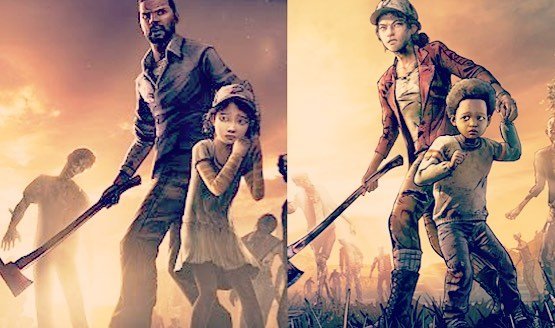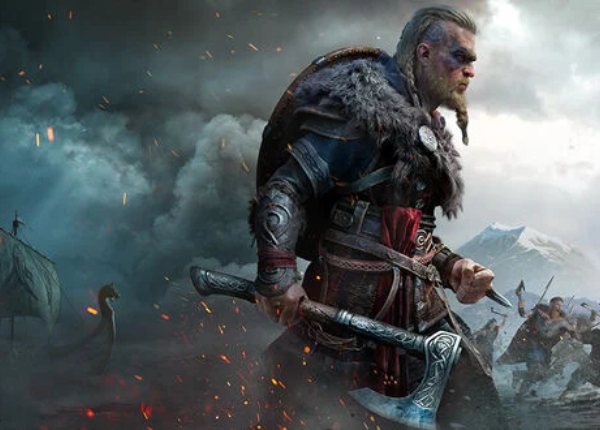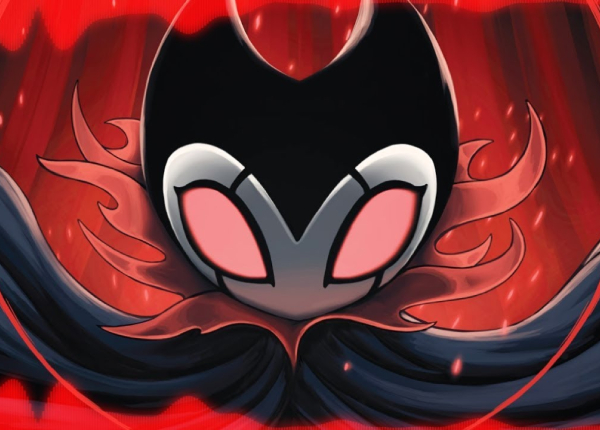How Telltale’s The Walking Dead Narrative Changed Games Forever


*This article will contain spoilers for Season 1 of Telltale Games’ The Walking Dead*
The recent news that Telltale Games is in the process of shutting down isn’t becoming any easier to stomach. From The Wolf Among Us to Tales from the Borderlands, Telltale changed the way in which contemporary games are made. Despite the fact that The Walking Dead wasn’t Telltale’s first title, it was the first one to resemble what could now be described as a “Telltale Game.”
I played The Walking Dead‘s first season once, and I’ll likely never play it again. Sure, some of the choices I made came back to bite me, but it would simply be too traumatic to consciously undertake such an emotional journey again, even if it meant finishing the game with a better outcome. To tell you the truth, I also haven’t played the later seasons. I never will, either. I have no interest in playing past where the first series ended the first time I played it. I’m not going to pretend that the later games aren’t fantastic—I’m sure that they are. Some friends of mine have told me so. However, that first season left its mark on me. For me, the series ended when Lee locked those handcuffs to that bar. That’s not what I’m here to talk about, though.

The Walking Dead‘s first season is a game that’s entirely founded upon the player’s choices. Lots of RPGs offer their players dialogue options—in Skyrim, a player can use their high Speech stat in order to convince a merchant to give them a discount, and in Mass Effect a player can use their high Paragon level to break up an otherwise game-changing dispute. However, these games have other aspects, too. There’s combat, free-roam exploration, and a million other things to do. In The Walking Dead, you play through a linear game that changes to suit the decisions you input by pressing a single button when prompted. It’s so simple, but it’s so engaging. All that’s there is a story—a story that you have the power to influence.
The impact of choices in The Walking Dead is a little more nuanced, too. Certain decisions will yield a notification—”Kenny didn’t like that.” You become aware early on that all of your decisions are weighted in a far more complex way than you may have expected. One seemingly minor choice can affect the sensibilities of four different characters in four very different ways. That’s where the game’s complexity lies—in its dialogue mechanics. All of the other Telltale games were in the same vein as this one, and lots of other games have taken note since, too. However, building an entire game upon a foundation as untried as this was a risky endeavor to undertake. I’m so glad that Telltale had the courage to go through with it.

On top of this, the game’s episodic nature meant that choice and consequence were separated by quite a distance. If you played the first episode at launch, you would have played the final episode seven months later. Choices made in the very first episode heavily influenced the narrative in the final one, so the story wasn’t one that could simply be played in the space of a week. It may be now, but the intangible spaces between episodes still assert their presence, as the boundaries that mark the end of one and the start of another are permeable but firm. Also, player choices in early episodes were used to supplement the writing of later ones, as Telltale made educated design decisions based on the choices that players had selected. This made for a story written by the writers, but influenced by the players. In a way, the players themselves helped to direct the story towards its natural conclusion.
In doing this, Telltale drew attention to just how important the mechanic of choice is to the medium of games. A game, unlike a TV series or a book, can have multiple endings. However, the realization of one of these endings nullifies the others. In order to get one of those, you’ll have to play again, but you’ll have to play differently this time. Video games as texts contain more than one narrative strand—well, they have the potential to, that is. This is by no means a new mechanic. However, Telltale’s approach to it was hugely innovative. Lots of text-based games had featured player choice as the main vehicle for narrative before, but Telltale combined the primary function of its narrative with an interactive point-and-click game. Two of the most basic forms of game design came together to produce something that took the world by storm—The Walking Dead.
All of this was hugely ambitious in 2012. Since then, player sensibilities have changed dramatically, and games that prioritize narrative over mechanics have become hugely successful. Look at Firewatch, Gone Home, and What Remains of Edith Finch. All of these titles are radically different to The Walking Dead, yet they are games fundamentally rooted in the kind of immersion that is instigated by offering a story first and foremost. The Walking Dead encouraged games that it’s okay to be unafraid in the mainstream. It’s okay to say, “our game will be fine without 657 types of automatic rifle.” A wonderful art-style, a compelling story, and an emphasis on the player’s role in the narrative are enough to make a game worth playing, and look at all of the wonderful games we have had since.

None of this is news. The game came out in 2012. Most of the people reading this probably played it. However, its significance can’t be overstated. It came out the same year as Mass Effect 3, Halo 4, Dishonored, Assassin’s Creed III. Of all of those games, The Walking Dead is without a doubt the one to have had the biggest impact on contemporary game design. The Walking Dead is just one more gem that the wonderful writers, animators, programmers, actors, and musicians at Telltale Games gave us. Those people deserve to be recognized and remembered for their courage, innovation, and dedication to the people who play the games they worked so hard to create.
Essential Reading:
[ad_2]
Source link




